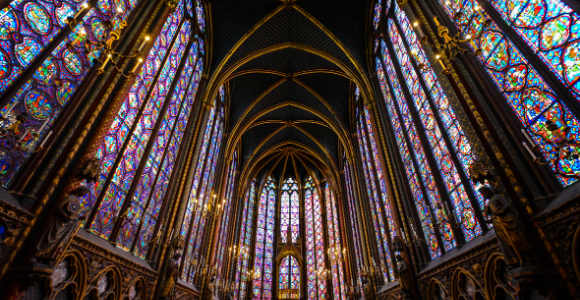Welcome readers! Please subscribe through the buttons on the right if you enjoy this post.
(Read this series from its beginning here.)

Again, this leads me to the inescapable conclusion that the “Christian” god of the conquering West is not the God we find in the Jesus story. The god that many of us white Christians have worshipped all our lives doesn’t exist. But the God of the Jesus story exists, standing in solidarity with the Abels, not the Cains, and with the Hebrews, Jews, and the 1st Century followers of Jesus persecuted by systems they lived under.
Today this must call us to re-evaluate our standing in relation to the lives of Indigenous Americans, Black and Brown people, Women, poor people, queer people, and anyone whom our society relates to as “less than.” I believe the gospel stories about Jesus can still speak to these communities of how another world is possible, here, now: a world where the first are last and the last are first. It’s not a world that makes room at the top of a pyramid of oppression for people who were once oppressed themselves. It’s not a world where the oppressed become the new and inevitable oppressors, as Saul Alinsky imagined they would. The world of the gospels is a world where the relationships of oppressor and oppressed are no more. We’ll have outgrown survival instincts that may have once kept us alive but are now impeding our survival as a human community.
The themes of the gospel of Jesus are universal love and care about the injustice that beloveds are facing today. This kind of gospel is not about post-mortem bliss but about a world, in this time, that we can shape into a just, safe, compassionate home for everyone. It’s not a gospel of mercy, grace, and forgiveness that releases us from a Divine, punitive retribution, but of mercy, grace, and forgiveness of debt that gives birth to distributive, restorative, transformative, and reparative justice. Death is overcome by life and not avoided with greater death-dealing. We choose the path of life-giving politics for our societies, and guilt gives way to reparations and reparations, to reconciliation. It’s a world where we reap what we sow and what we’ve sown is compassion, love, justice, and inclusion. This is a world that is a “blessing” to those the present arrangement oppresses, and it will be a “blessing” to those who stand in solidarity with and give a voice to those who have been oppressed (cf. Matthew 5-10, and Luke 6). Lastly, this is a world where the means we have used to build are the “oak within the acorn.” They have shaped the kind of world we have ended up in the end: the means determined our end.
This week I’m challenged once again to believe this kind of world is actually possible. What hurts my heart as someone raised within Christianity is to see how many, many Christians are allowing themselves to be misinformed enough to oppose the world found in the oldest interpretations of the Jesus story. We’ll discuss this next.













